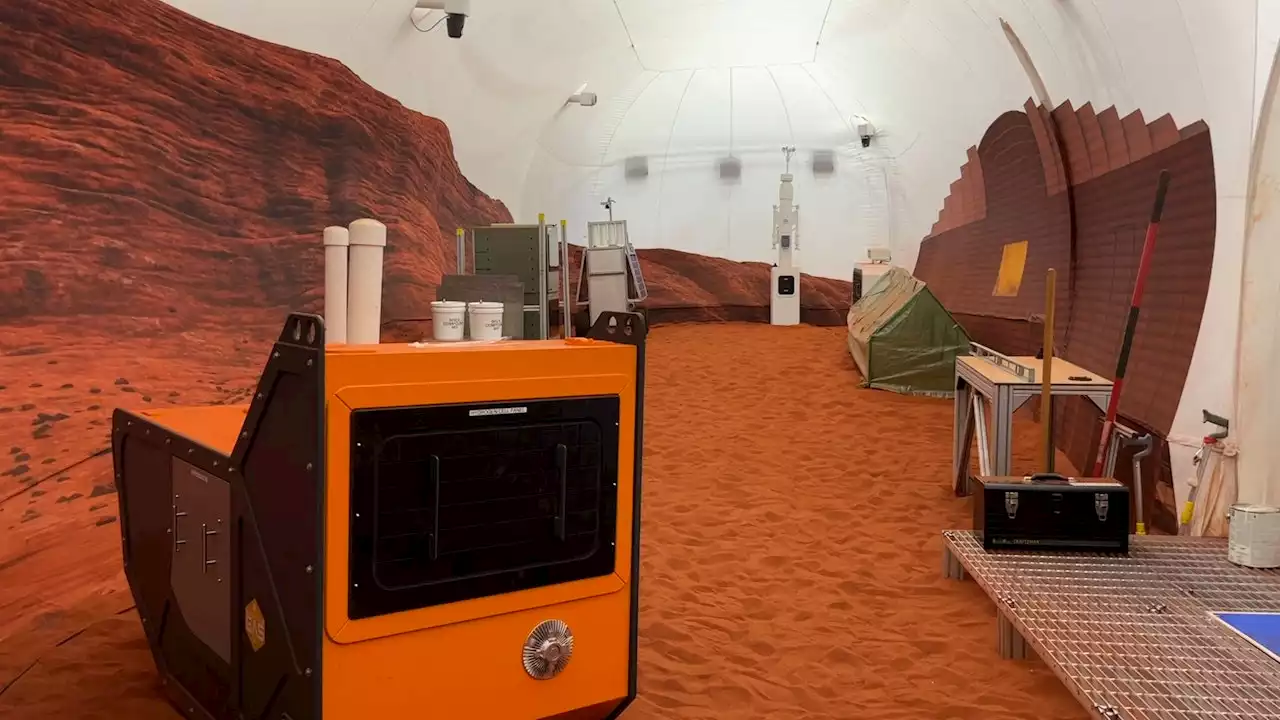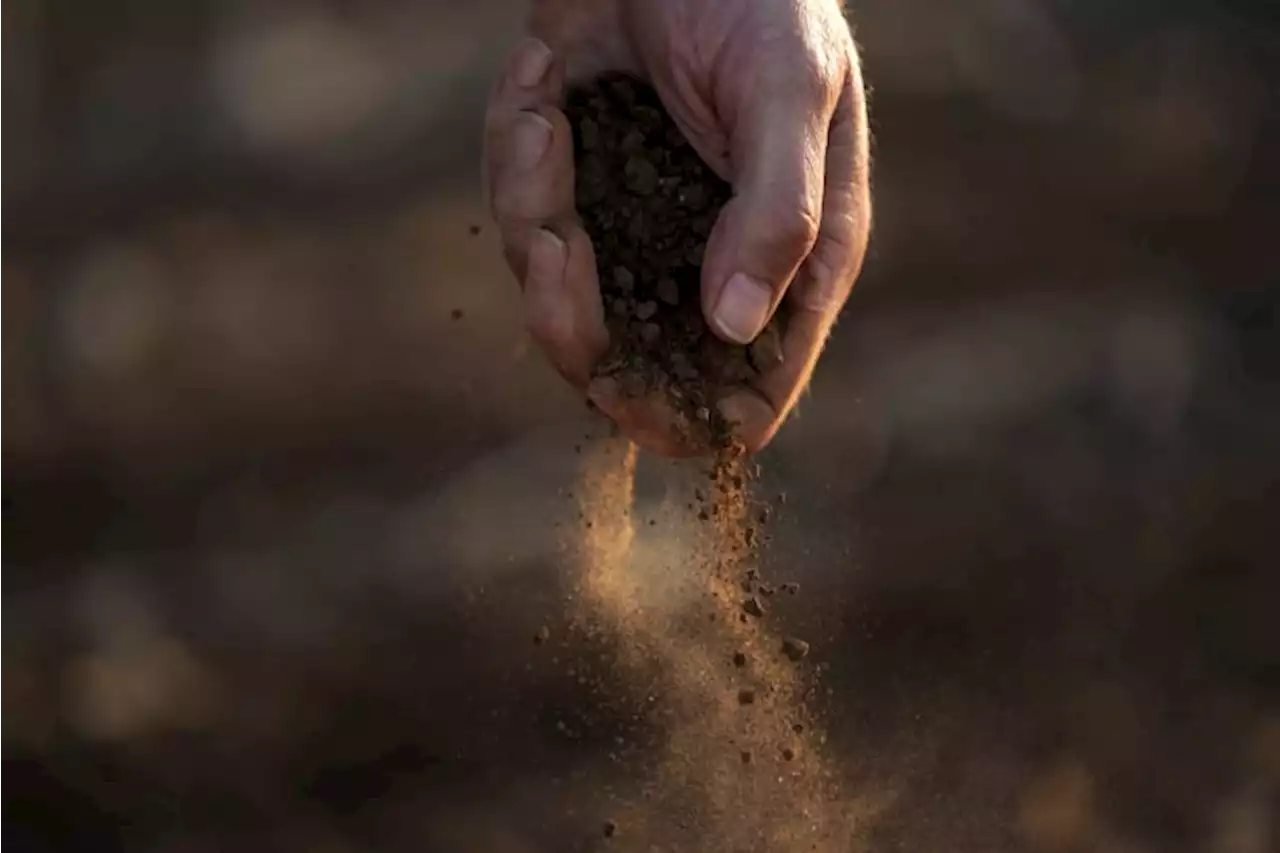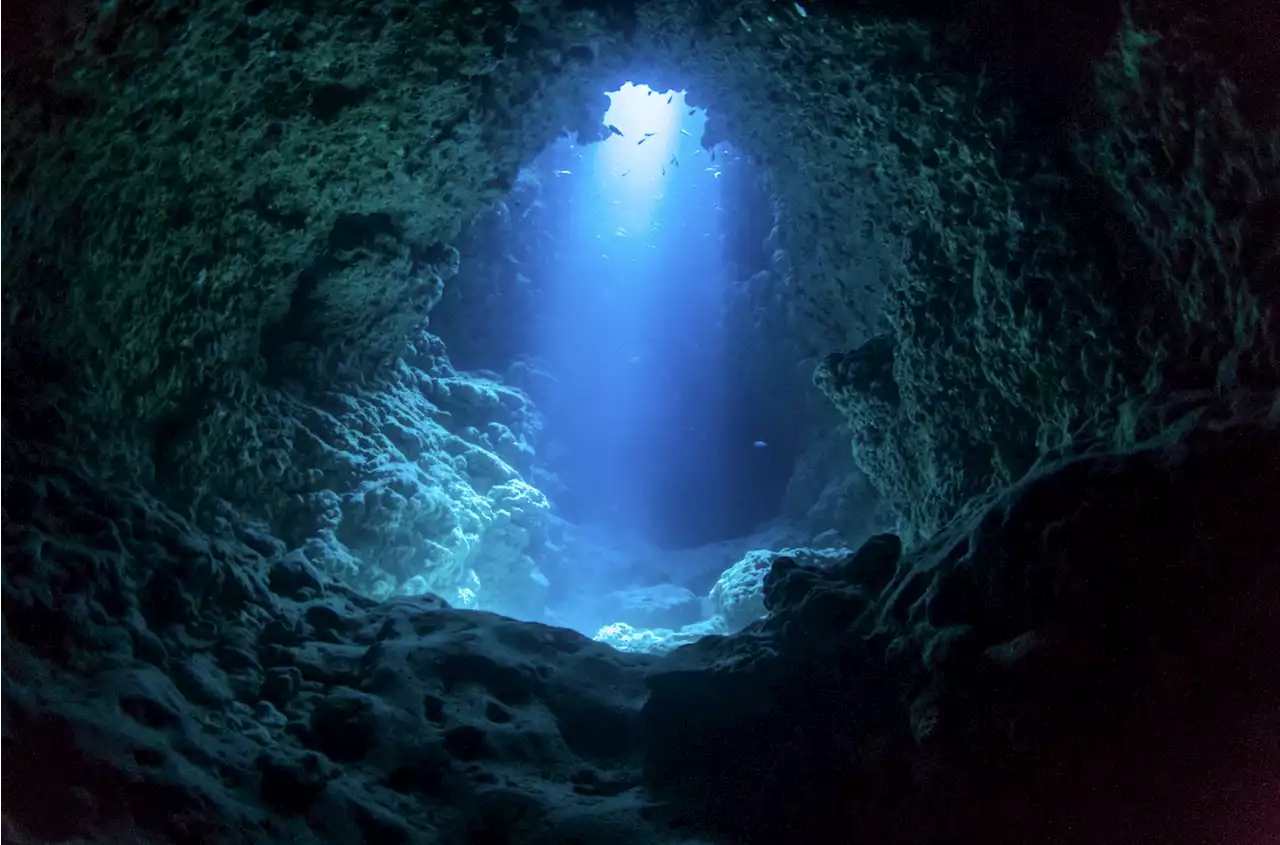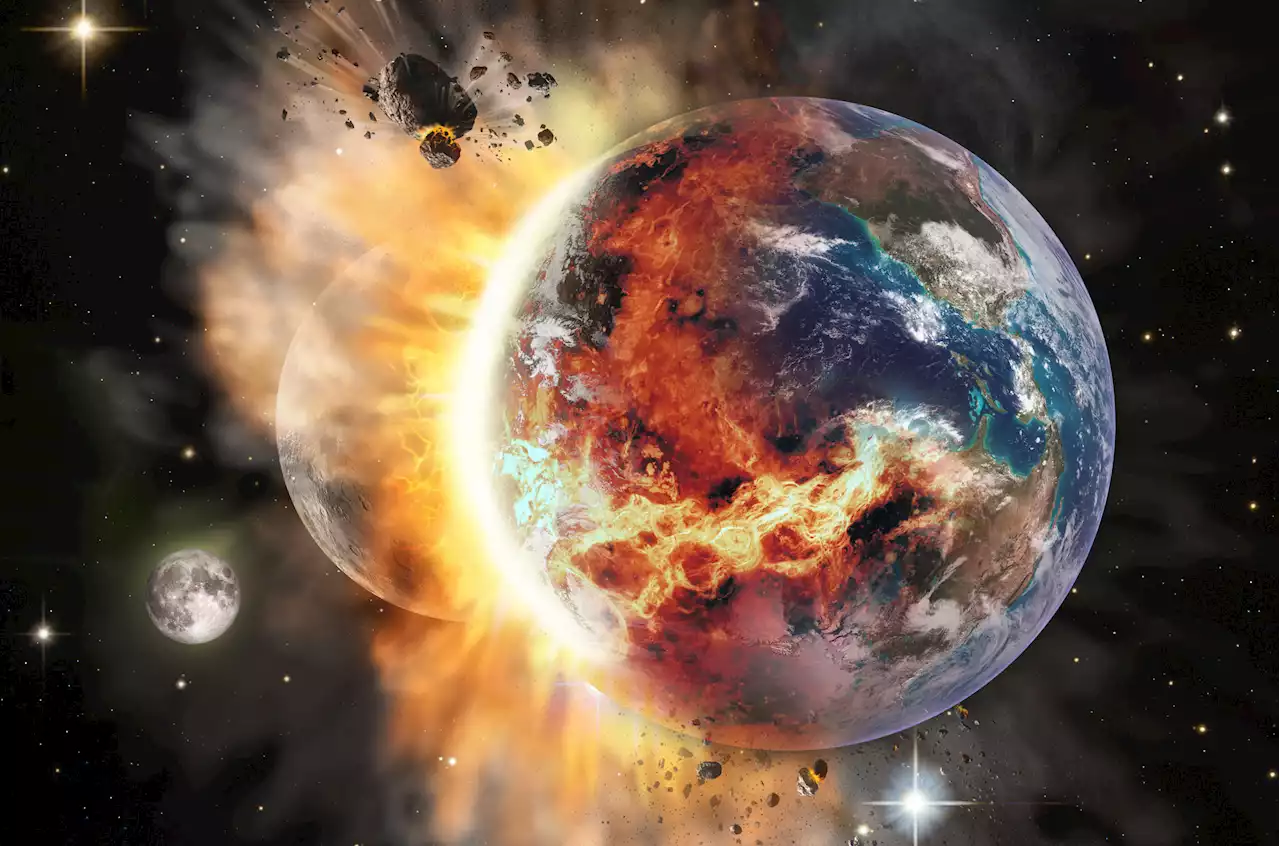Rogue planets that float freely through space without a star to orbit are very difficult for astronomers to detect.
"Assuming that there is a rogue planet for every star in the Milky Way, and we assume the solar system will be in a similar region of the galaxy over its lifetime, then I would estimate that the likelihood of a rogue planet coming within the solar system over the next 1,000 years to be a 1 in a billion chance," Garrett Brown, a celestial mechanics and computational physics researcher at the University of Toronto, told"Here, I define 'coming within the solar system' to...
He continued:"It's difficult to say how likely it would be to actually collide with Earth without a more detailed analysis, but it would be much, much less likely. Thus, I would estimate the likelihood of a rogue planet coming closer to the Earth than Mars or Venus to be 1 in 2 trillion in the next 1,000 years. If there is one heading our way within the next 1,000 years, it would currently be about 0.2 light-years away.
Even if a rogue planet came close to the Earth, the interaction may not even destroy the planet if there wasn't a direct hit. "It would need to come close enough to Earth to either collide with it or, a bit less unlikely, alter its orbit. If it does collide, this would be at high speed and likely destroy Earth, if it is comparable in mass and density to Earth," Jacco van Loon, an astrophysicist at Keele University, told"A planet like Jupiter might even swallow Earth. Or Earth might come out the other way if it is a grazing encounter, but probably without its atmosphere," he said.
Our galaxy may be teeming with rogue planets, gravitationally unbound to any star. An international team of scientists, led by Polish astronomers, has announced the discovery of the smallest Earth-sized free-floating planet found to date [read more:
United States Latest News, United States Headlines
Similar News:You can also read news stories similar to this one that we have collected from other news sources.
 Cassian Will Become The Rebel Spy From Rogue One In Andor Season 2Andor star Diego Luna discusses how far Cassian Andor has to go to become the Rebel spy willing to give his life for the cause in RogueOne:
Cassian Will Become The Rebel Spy From Rogue One In Andor Season 2Andor star Diego Luna discusses how far Cassian Andor has to go to become the Rebel spy willing to give his life for the cause in RogueOne:
Read more »
 Essay | Putin’s Rogue StateFrom killing political opponents to invading Ukraine, Vladimir Putin has made lawlessness the signature of his rule in Russia. The arrest of WSJ reporter Evan Gershkovich is the latest escalation.
Essay | Putin’s Rogue StateFrom killing political opponents to invading Ukraine, Vladimir Putin has made lawlessness the signature of his rule in Russia. The arrest of WSJ reporter Evan Gershkovich is the latest escalation.
Read more »
 Andor Stars Tease More Danger & Time Jumps Leading To Rogue One In Season 2While at StarWarsCelebration, the cast of Andor discusses what's to come in season 2, including Cassian's evolution into a Rebel spy, more danger for Mon Mothma, and time jumps:
Andor Stars Tease More Danger & Time Jumps Leading To Rogue One In Season 2While at StarWarsCelebration, the cast of Andor discusses what's to come in season 2, including Cassian's evolution into a Rebel spy, more danger for Mon Mothma, and time jumps:
Read more »
 NASA prepares Mars mission on Earth for 4 volunteersNASA is taking volunteers from outside of their program to test life on Mars. Volunteers will eat, sleep and exercise within the habitat for one year as they would on the red planet.
NASA prepares Mars mission on Earth for 4 volunteersNASA is taking volunteers from outside of their program to test life on Mars. Volunteers will eat, sleep and exercise within the habitat for one year as they would on the red planet.
Read more »
 As Earth warms, more 'flash droughts' suck soil, plants dryA new study finds that climate change is making droughts faster and more furious — and especially one fast-moving kind of drought that can take farmers by surprise.
As Earth warms, more 'flash droughts' suck soil, plants dryA new study finds that climate change is making droughts faster and more furious — and especially one fast-moving kind of drought that can take farmers by surprise.
Read more »
 The Search For Earth's Underground Oceans🔄FROM THE ARCHIVE The water stored in the inner layers of Earth may be more plentiful — and important — than scientists previously thought.
The Search For Earth's Underground Oceans🔄FROM THE ARCHIVE The water stored in the inner layers of Earth may be more plentiful — and important — than scientists previously thought.
Read more »
